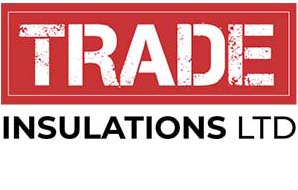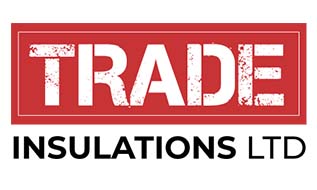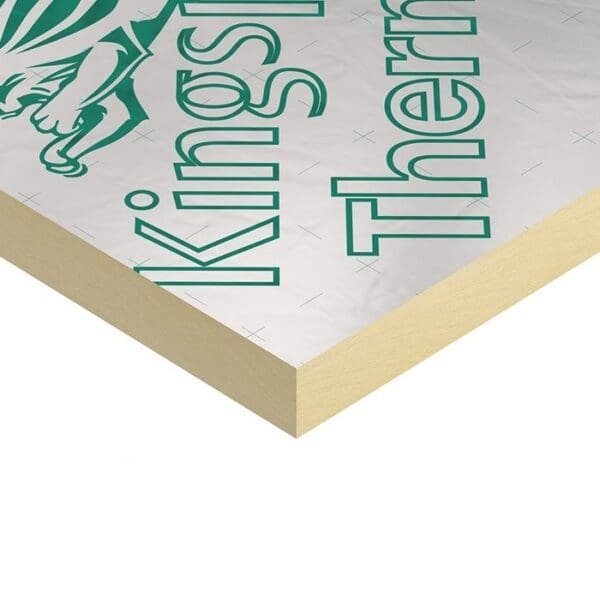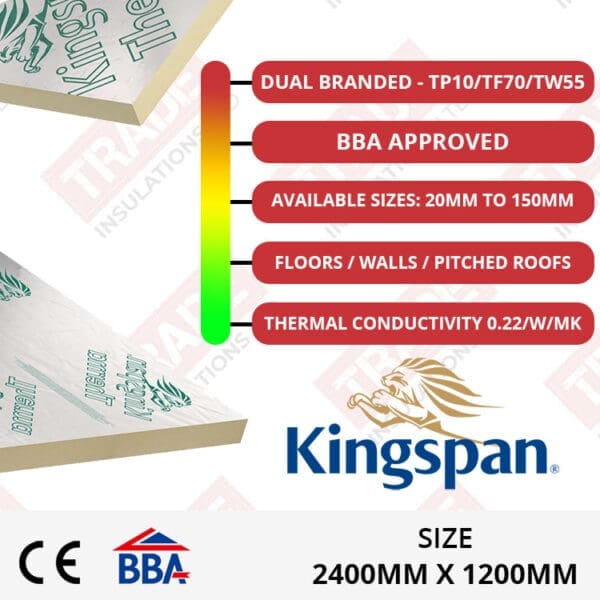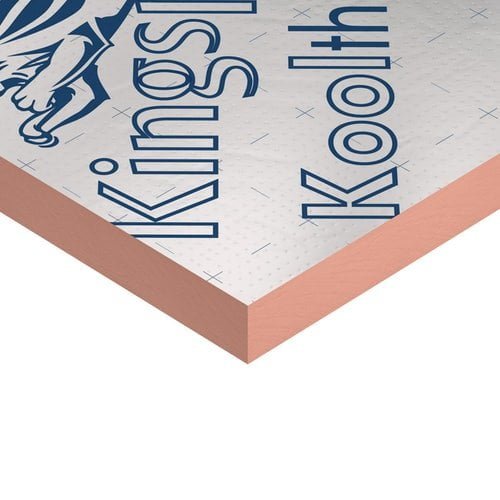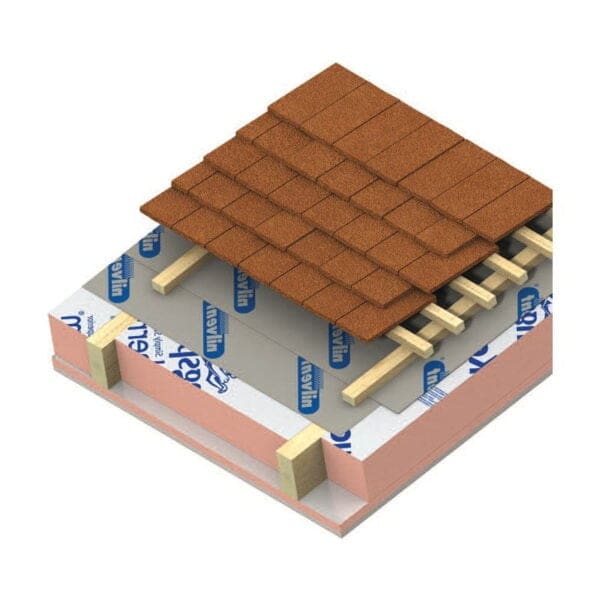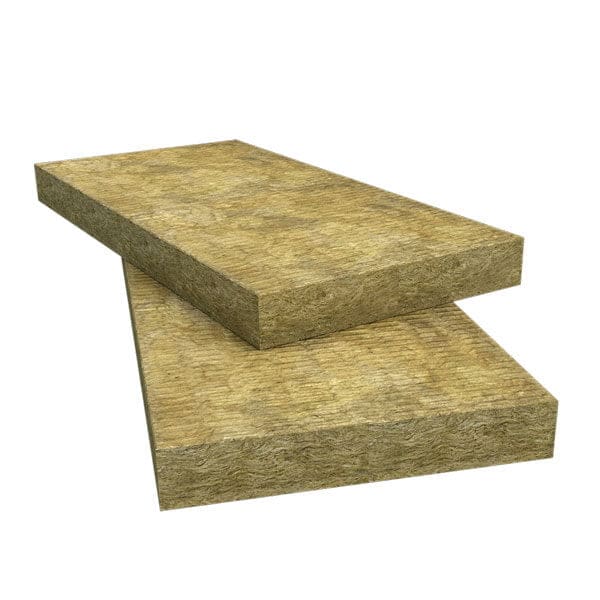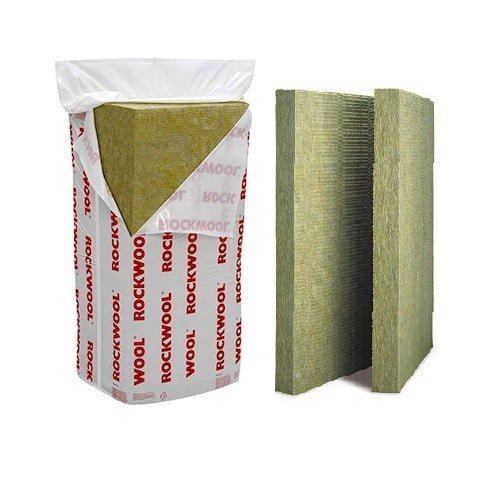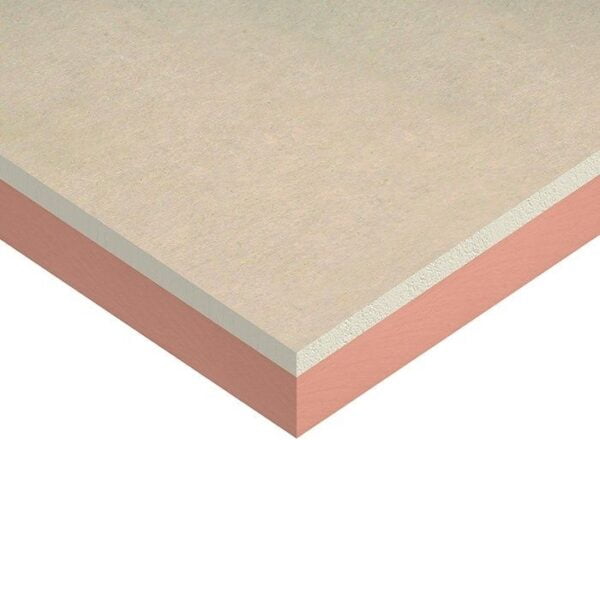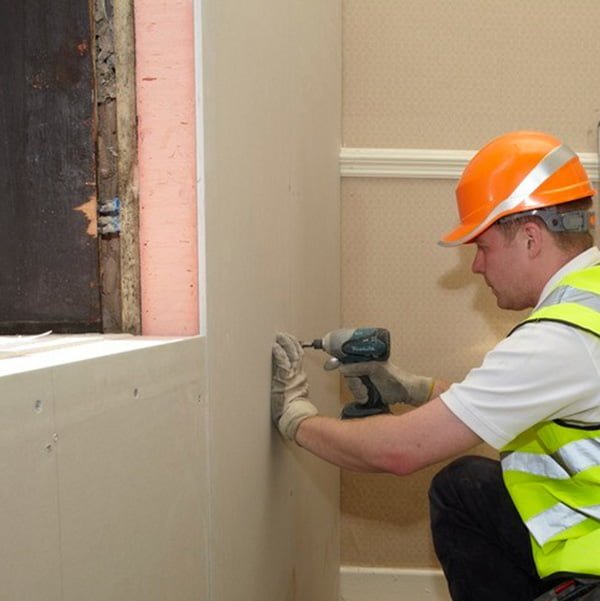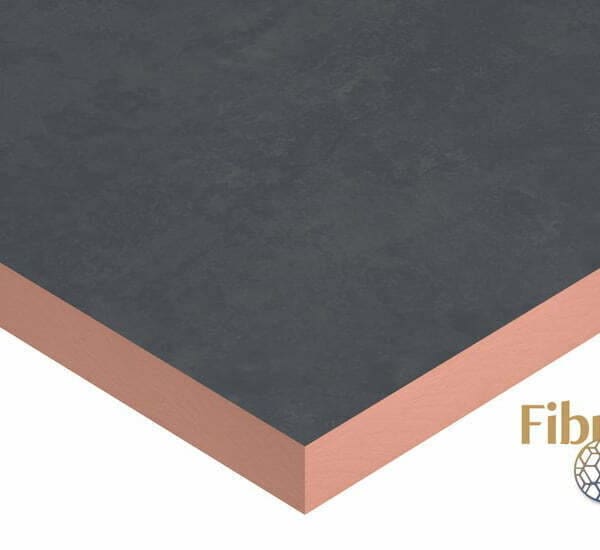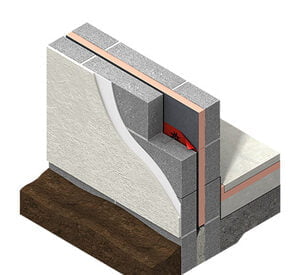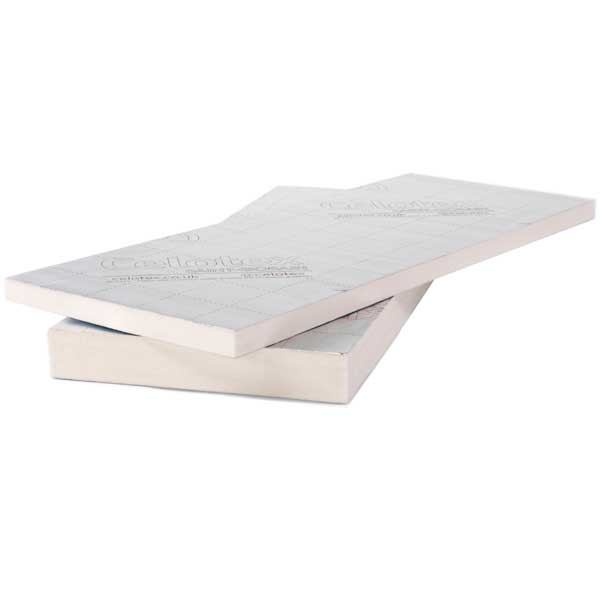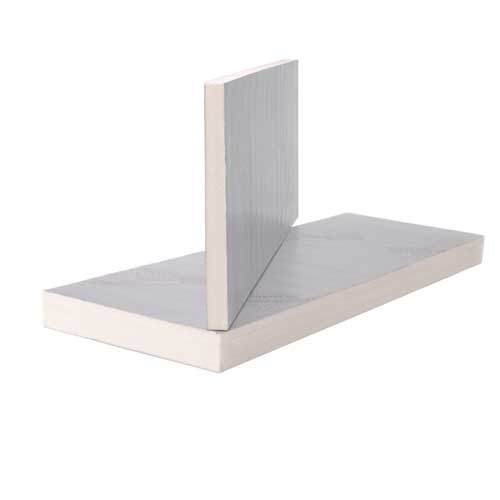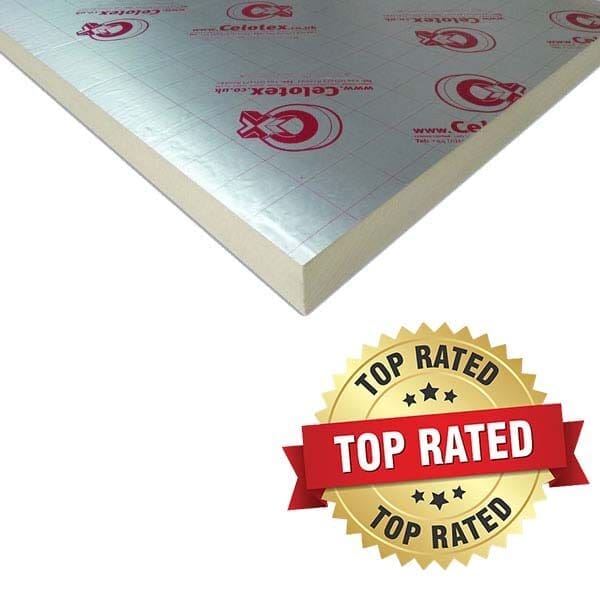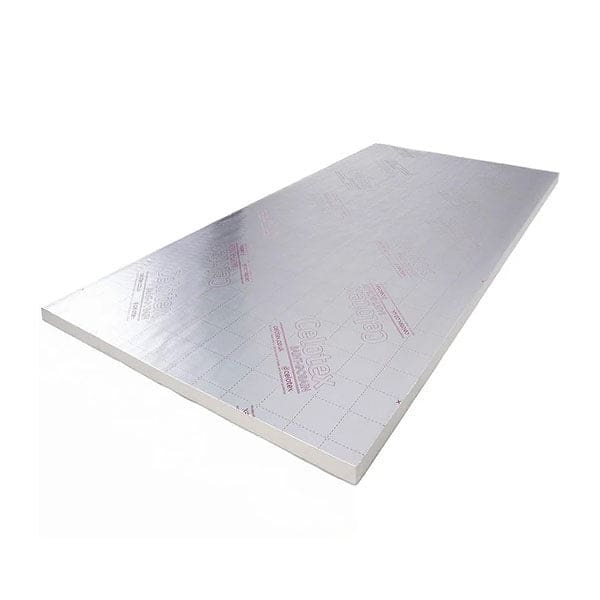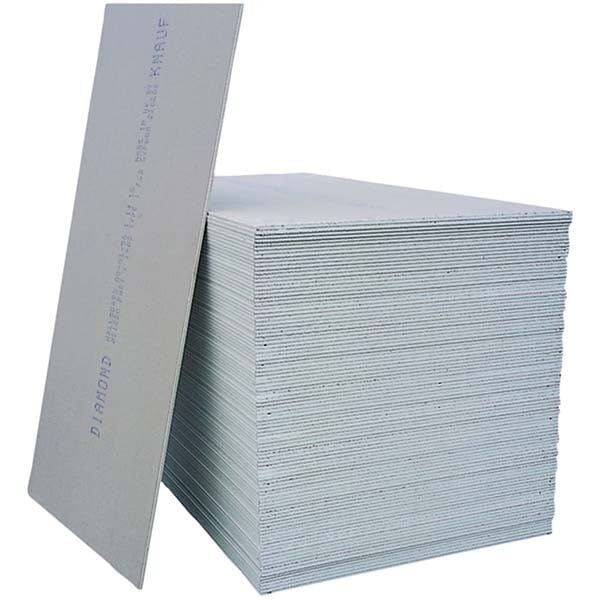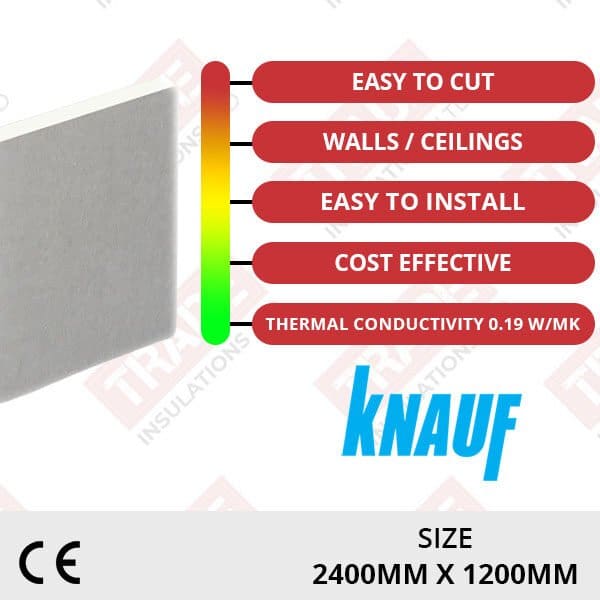If you are wondering how can insulation reduce energy consumption, then check out our handy article below with all the answers you need – and more.
Reducing energy consumption with insulation
Insulation can help a building retain warm air. This means that the warmth generated by heating units can be kept inside the building longer. The warm air inside the building can allow you to reach a comfortable room temperature. This reduces the need for additional energy usage as more warm air is retained inside your home. Without insulation, it would require considerably more energy to keep a building warm.
People often ask how can insulation reduce energy consumption. The insulation indirectly reduces energy consumption. Furthermore, the installation of insulation means that a building can be kept at a comfortable temperature for less energy usage. The decreased demand for energy often means that less is consumed. It is said that up to a quarter of the heat in a home is lost through the roof alone. Insulation can reduce heat loss due to the insulative properties of the insulation material itself. There are many different types of insulation, which we highlight below.
Effectively insulating your home is a great way to get ready for the colder months. You can find the perfect insulation solution for your home to both save money and energy. One of the best ways to increase your property’s energy efficiency rating and reduce energy costs is to insulate it. There are numerous choices of insulation. Each choice offers different advantages. It may be worth considering some of the following insulating methods this winter.
Insulating a property with floor insulation
This works by filling the gaps between the skirting board and the floor. It can reduce heat loss by up to 15%. Below you can find some popular floor insulation products.
Insulating a property with roof insulation
An uninsulated home loses around 25% of its heat through the roofing. You can reduce your energy costs and your carbon footprint by insulating your roof or attic. It is a quick and simple process to install, and it will help you save money while enjoying more pleasant winter and summer temperatures. Below you can find some popular roof insulation products.
Insulating a property with cavity wall insulation
Cavity walls have a little air gap between the two levels of the wall in your home. Insulation in cavity walls fills the space, maintaining the heat. Around 35% of the heat in a typical semi-detached home is lost via the walls. Up to 20% in heating expense savings can be achieved with properly fitted cavity wall insulation. Insulating material is inserted into the space between the inner and outer walls to provide cavity wall insulation. Below you can find some popular cavity wall insulation products
Insulating a property with wall insulation
Wall insulation works by insulating and safeguarding the exterior surface of walls. There are many types of wall insulation products available, however we have highlighted the most popular ones below.
How much does insulation save on heating?
Installing insulation could reduce costs on your energy bill. In its most recent Financial Stability Report, the Bank of England warned that “world economic circumstances have worsened, increasing pressure on household finances.” Energy and food costs have increased dramatically both in the UK and around the world. This is partly due as a result of Russia’s invasion of Ukraine.
From energy costs to the increased prices of everyday goods, the cost of living is estimated to increase.
Insulating a home can significantly reduce the need for heating in the winter. This is because insulation can help retain heat and therefore lower the usage of heating. The savings vary depending on the type of insulation installed and the size of the property. For example, which.co.uk estimate that some property tenants can save up to £315 per year by installing loft insulation.
Benefits of insulating your home
Insulating your home has many advantages. This includes lower energy costs, a smaller carbon footprint, and a more energy efficient home. A home loses a significant amount of heat through its walls and loft. The roofing loses around 25% of the heat, followed by the walls, which lose about 35%, and the windows, which lose another 10%. The loft could experience a potential 75% reduction in heat loss by having 10cm of fibreglass insulation installed. Installing insulation will help solve energy efficiency problems inside a home.
The installation insulation is the an efficient technique to stop any form of heat loss. When insulation is installed, you will be able to heat your property with a lot less energy. Furthermore, a property will warm up faster and hold heat for a longer duration once the central heating is turned off. Additionally, you will benefit from a cooler house in the summer. Your property will have a great energy efficiency rating thanks to the installation of cavity and loft insulation, which will likely increase the attractiveness of a property on the market.
Insulation can be used to also reduce noise pollution when it has acoustic properties. Acoustic insulation is extremely good at absorbing sound and will help to limit noise transmission through the building. When considering the current environmental state, having insulation installed in your home should be your first step because it could potentially save you hundreds of pounds per year on energy costs. Especially at the current rate which seems to not be slowing down anytime soon.
If you are unsure of which insulation you need, we suggest getting in touch with a building professional or architect before purchasing any insulation. At Trade Insulations we offer only our very best price on insulation. We believe in offering top brands at trade prices, and the best part is that you don’t need to be in the trade to benefit.
Thank you for taking the time to read our article on ‘how can insulation reduce energy consumption’
